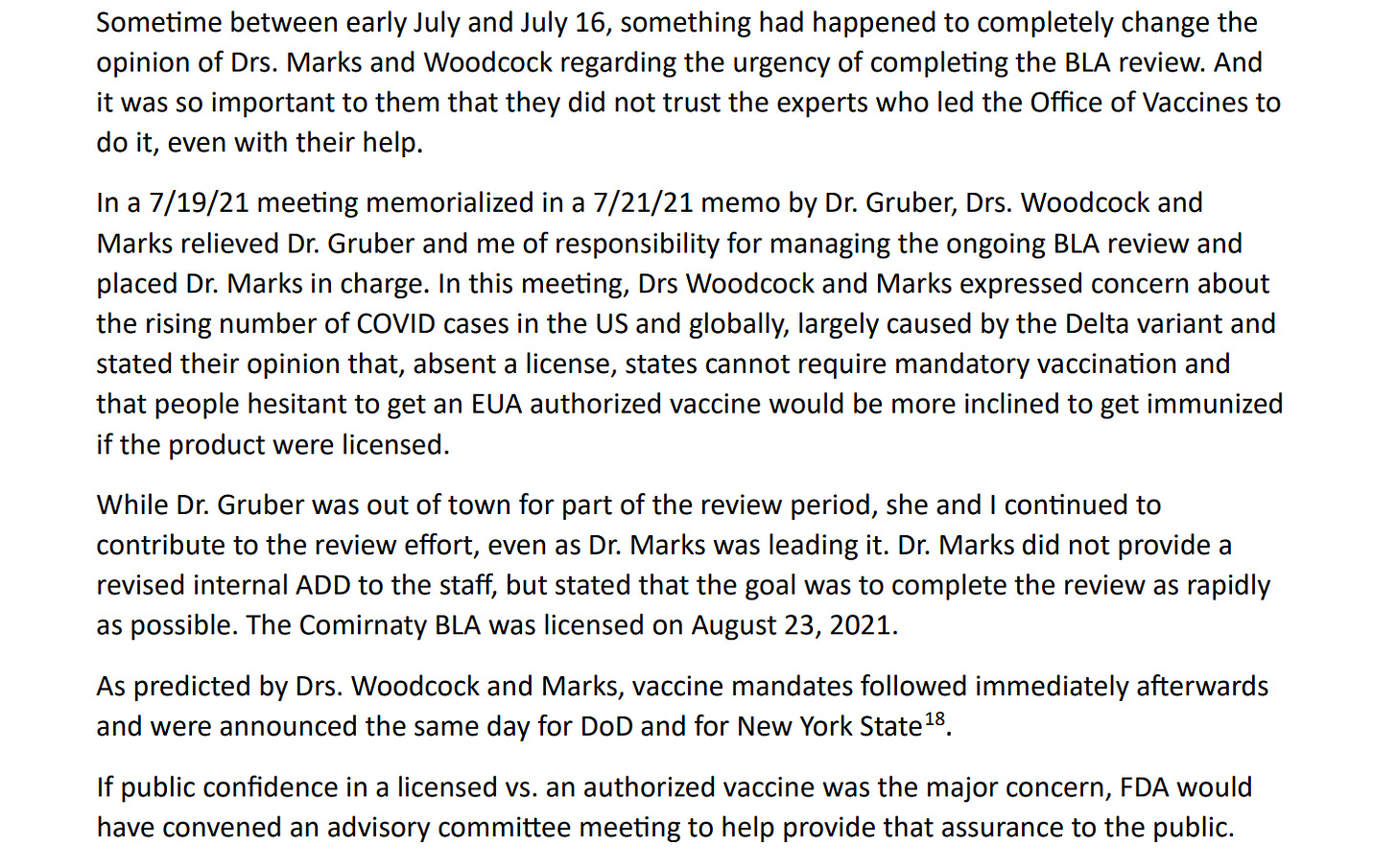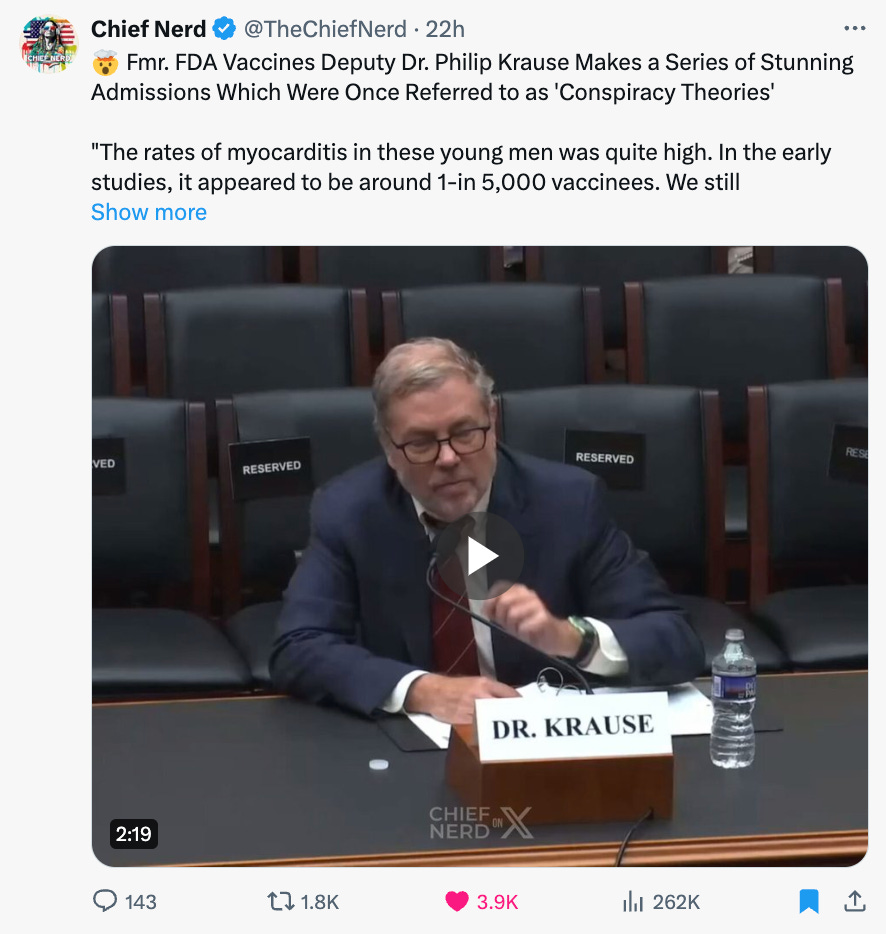AbbVie on Thursday announced that it has bought Cambridge, Massachusetts-based startup Celsius Therapeutics and its lead inflammatory bowel disease antibody CEL383.
Details of the acquisition agreement were sparse, with the companies only revealing that AbbVie will snap up all of Celsius’ remaining equity for $250 million in cash, subject to certain adjustments. The companies have not yet announced when they plan to close the transaction.
“We are eager the advance the development of CEL383 with a goal of helping more patients with [inflammatory bowel disease (IBD)] achieve remission,” Kori Wallace, global head of immunology clinical development at AbbVie, said in a statement.
Developed using Celsius’ proprietary SCOPE platform, which allows the startup to “understand the cells that drive disease progression,” CEL383 is a potentially first-in-class monoclonal antibody that works by targeting the TREM1 protein. TREM1 mediates the interaction between the microbiome and the immune system while amplifying mucosal inflammation, according to the biotech’s website.
Preclinical studies have validated this mechanism of action, showing that CEL383 could disrupt TREM1 signaling and lowering the concentration of several inflammatory mediators. CEL383 has recently completed a first-in-human, placebo-controlled, single-ascending-dose Phase I trial in healthy volunteers, designed to evaluate its safety, tolerability and pharmacokinetic profile.
Thursday’s acquisition of Celsius is part of AbbVie’s strategy to deepen its portfolio as it weathers a particularly steep patent cliff for its blockbuster immuno therapy Humira (adalimumab).
Since losing its most important patent protections, Humira has mostly retained market dominance despite the flurry of biosimilars that flooded the U.S. market. However, in April 2024, fueled by CVS Caremark delisting Humira from its major national commercial formularies, copycats have enjoyed a surge in demand and sales.
To shore up its revenues and target future growth, AbbVie has been striking a series of deals giving it access to promising assets and technologies. In February 2024, the pharma put $713 million on the line for an exclusive right to develop, manufacture and commercialize OSE Immunotherapeutics’ investigational antibody OSE-230, being assessed for chronic and severe inflammation.
Soon after, AbbVie dropped $212 million to acquire Landos Biopharma gaining access to the oral NLRX1 agonist NX-13, which is being studied as a treatment for ulcerative colitis and Crohn’s disease. AbbVie has joined a recent biopharma spending spree in the projected $257 billion immunology market.
Outside the immuno space, AbbVie has also invested heavily in the mental health market entering a potential $2 billion deal with Gilgamesh Pharmaceuticals in May 2024 to develop neuroplastogens for psychiatric disorders.


